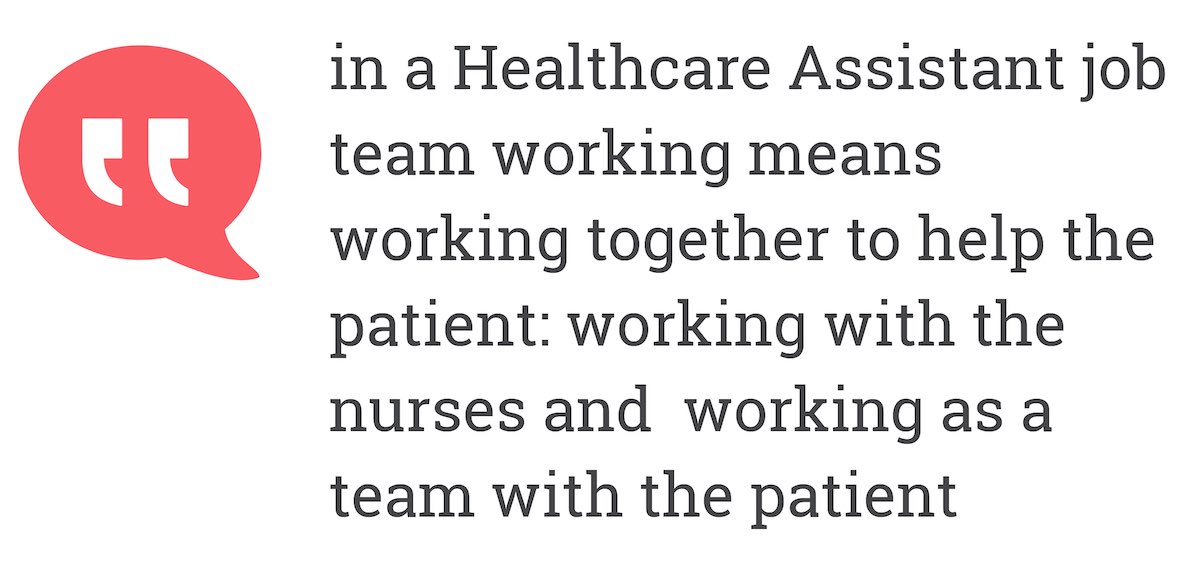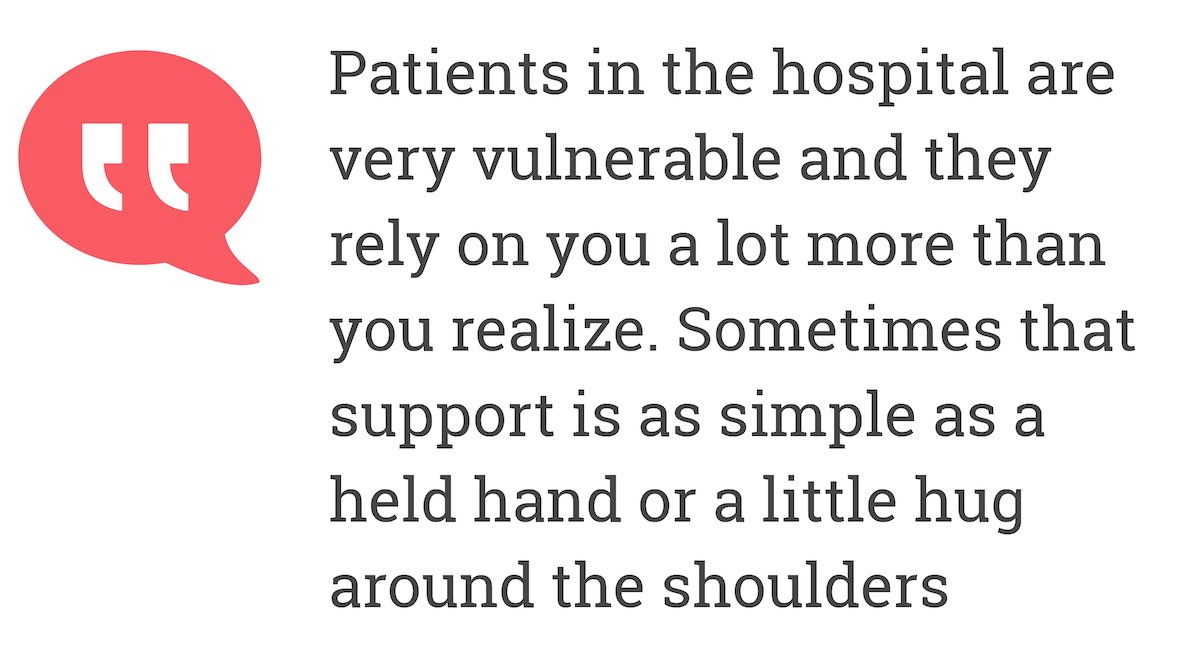- 27 April 2021
- 9 min read
Healthcare Assistants: What Soft Skills Do You Need?
SubscribeIn this video Laura outlines the most valuable personality traits to have to be able to succeed as a Healthcare Assistant and manage the challenges the role presents.
Topics Covered In This Video
Teamwork And Collaborative Working
What Are Soft Skills?
Hey everybody, welcome to today's video.
Today's video is all about soft skills that you need to be a Healthcare Assistant.
Well, what skills do you need basically? So what soft skills do you need?
In fact, what does that even mean? Scratching of head moment.
Well, soft skills means the skills you have that you can't really learn,
You can educate yourself on some skills and you can say, oh. I'm very skilled in this because, well, I learnt it.
But the soft skills that we have are what makes us our self.
Some people call them traits, personality traits, quirks, but what do you need to be a Healthcare Assistant?
Well, I've got my trusty notebook.
So let's get started. (If you want to know what qualifications and hard skills you need, go to this article and this article.)









About this contributor
Occupational Therapist
Laura worked as a Healthcare Assistant for the NHS before training and finding employment as an Occupational Therapist.
More by this contributorWant to get involved in the discussion?
Log In Subscribe to comment